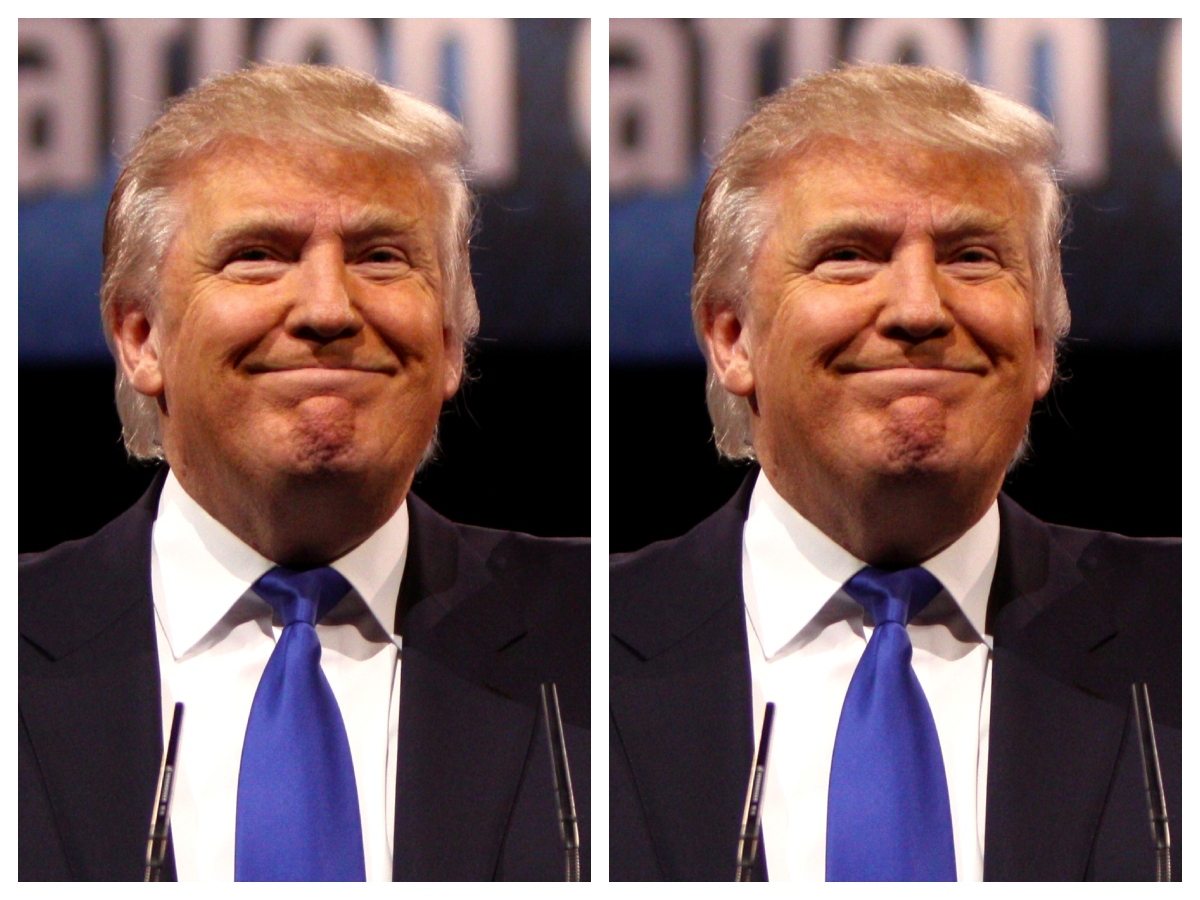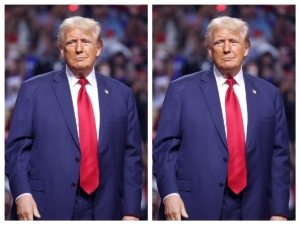President Donald Trump warned Monday that he could once again place Washington, D.C.’s police force under federal control if the city refuses to cooperate with immigration enforcement.
His comments came just days after an emergency order granting him authority over the Metropolitan Police Department expired on September 11. That order had allowed the White House to direct local policing for several months. Hours before it lapsed, Mayor Muriel Bowser announced that while D.C. police would continue to coordinate with federal agencies such as the FBI, DEA, and Secret Service, the city would not assist Immigration and Customs Enforcement.
In an early-morning social media post, Trump claimed that federal oversight had improved safety in the nation’s capital and argued crime could rise without ICE involvement. “Call a National Emergency, and Federalize, if necessary!!!” he wrote.
While Bowser’s office declined comment, Trump doubled down later in the Oval Office as he signed an unrelated order deploying the National Guard to Memphis. “They would federalize the police in Washington if they had to, but we don’t have to anymore, because it’s in such great shape,” he said.
Crime statistics, however, complicate the president’s narrative. Data showed offenses were already trending downward before federal officers and National Guard units were brought into D.C., though Bowser herself had previously credited the intervention with helping drive down crime.
During the emergency period, analysis by the Associated Press revealed more than 40% of arrests were tied to immigration, underscoring how the Trump administration used the surge to advance its broader immigration crackdown.
The dispute over ICE involvement is unfolding alongside congressional efforts to exert more control over the District. On Monday, the House Committee on Rules reviewed several proposals targeting D.C.’s governance, including lowering the age for juveniles to be tried as adults in serious cases and curbing the city’s sentencing authority. The bills, advanced on party-line votes last week, highlight the tension between local autonomy and federal oversight.
READ ALSO: Protesters march against Trump in New York, Washington and other cities across America
D.C.’s home rule, established in 1973, grants the city a measure of self-governance, but Congress retains ultimate power over its laws and budget.
Meanwhile, the presence of federal forces remains a point of contention. The district’s attorney general has already sued to block military involvement, and a coalition of retired generals and former civilian defense leaders, including ex-NSA chief Michael Hayden, warned that deploying the National Guard for policing raises “safety concerns for servicemembers and the public alike.”
Bowser has been firm that immigration enforcement will not be a role for D.C.’s police. At a ribbon-cutting ceremony on September 10, she said, “Immigration enforcement is not what MPD does. When the emergency order ends, it won’t be what MPD does in the future.”










